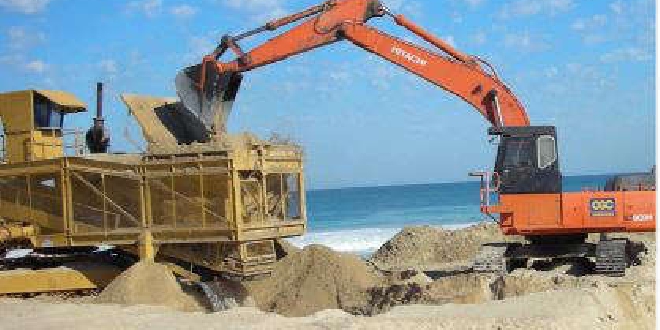
For a second year, the Department of Transport will ensure the annual sand bypassing at Dawesville does not disrupt a colony of endangered Australian fairy terns nesting at Pyramids Beach.
The $1 million project will begin this week and see between 85,000 and 120,000 cubic metres of sand excavated from Pyramids Beach and pumped north of the entrance to the Dawesville Cut via pipes on the seabed.
When planning the project special consideration was given to the large colony of Australian fairy terns, a species protected under State and Commonwealth legislation, that nest on the beach.
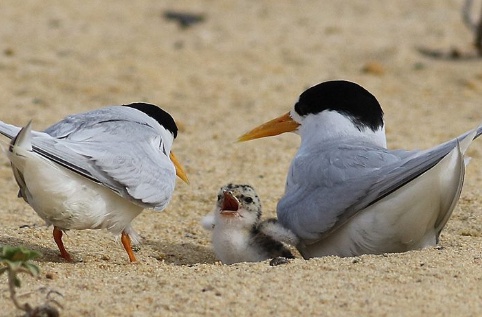
As a result, the bypassing works will start at the southern extent of the planned excavation area, away from the fenced nesting area, to allow the colony to finish nesting and leave.
Drones will again be used this year to monitor the nests, especially in the early stages of the campaign and beach goers are asked to assist by observing the directional signage in place and abiding by the restrictions until the completion of work in June.
"We have some of the most beautiful beaches in the world right here in WA, which is why it's important we protect them from erosion so the community can continue to enjoy them for years to come," Transport Minister Rita Saffioti said.
"We have worked closely with the City of Mandurah and Murdoch University to set the program of work as the colony is one of the largest observed in the State in more than 10 years and previously included the oldest known fairy tern in the world."



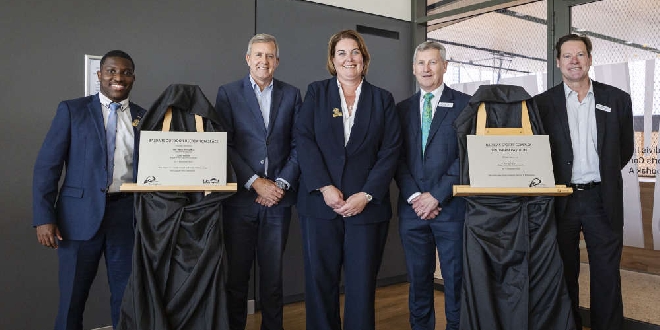 Baldivis Sports Complex officially complete with unveiling of final stage
Baldivis Sports Complex officially complete with unveiling of final stage
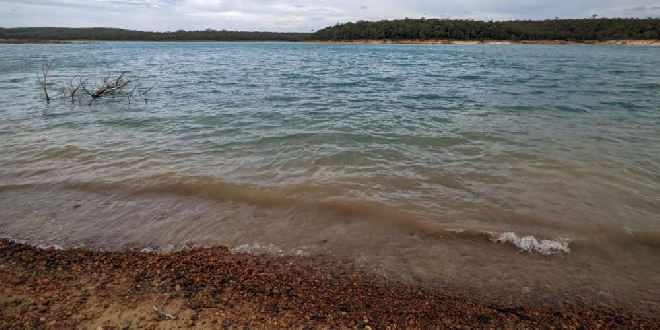 Teen dies at Logue Brook Dam
Teen dies at Logue Brook Dam
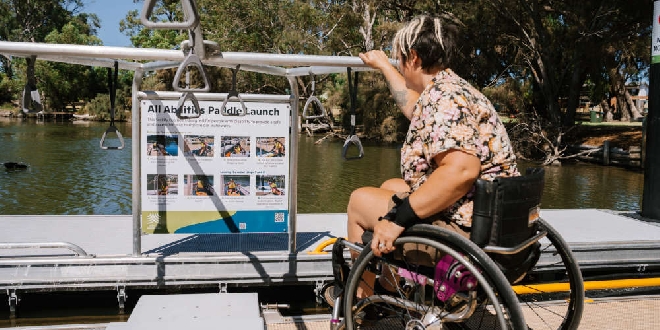 Mandurah named WA’s Most Accessible Community
Mandurah named WA’s Most Accessible Community
 Police attend separate crashes in Lakelands and Port Kennedy
Police attend separate crashes in Lakelands and Port Kennedy
 Fresh new look for Roger May Machinery Museum
Fresh new look for Roger May Machinery Museum
 Tragic end to search of missing FIFO worker
Tragic end to search of missing FIFO worker
 Accused arsonist charged over Bertram fires
Accused arsonist charged over Bertram fires
 Bondi Beach Statement
Bondi Beach Statement
 Police issue 31,000 driving infringements in first month of new AI cameras
Police issue 31,000 driving infringements in first month of new AI cameras